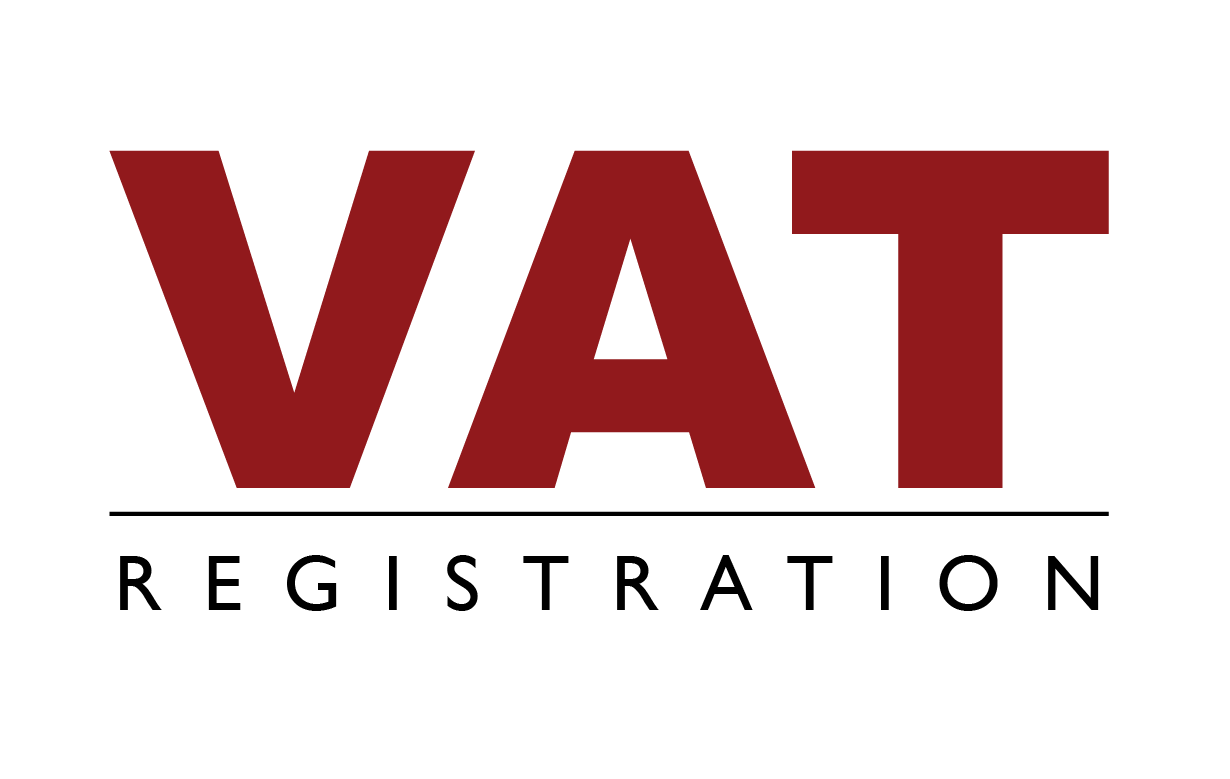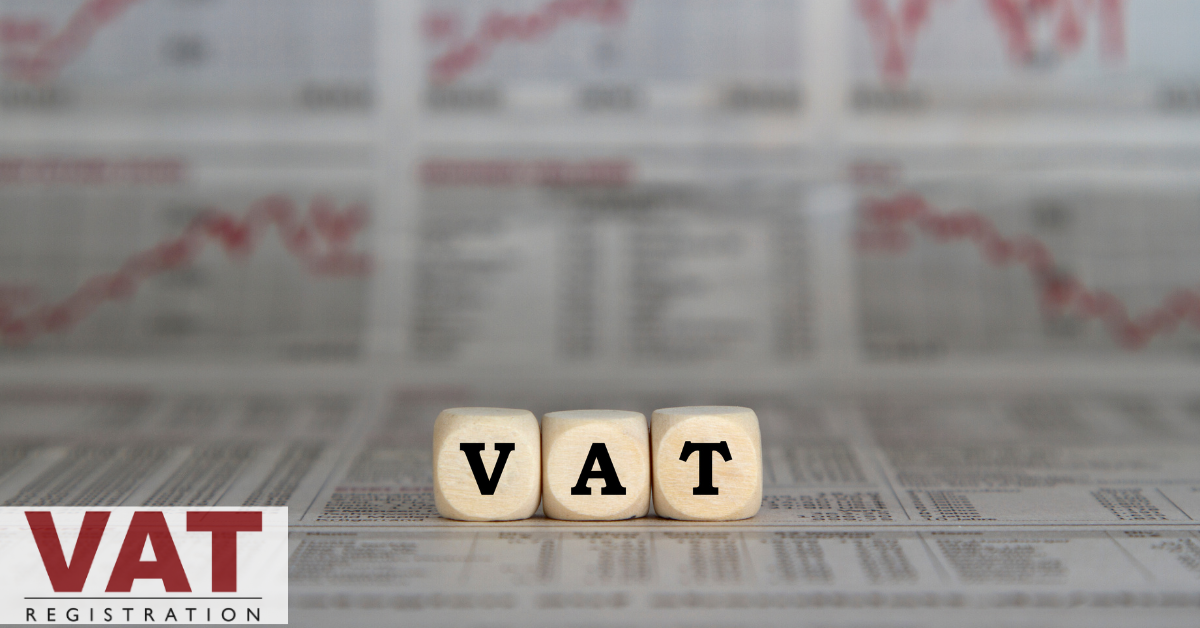Understanding VAT on Commercial Property and Real Estate in the UAE
The United Arab Emirates (UAE) has experienced remarkable growth in its real estate and commercial property sector. Whether you’ve recently purchased a commercial property for your business or are considering leasing one, it’s essential to understand the applicability of Value Added Tax (VAT) in the UAE. In this article, we’ll break down the key aspects of VAT on commercial property and real estate in simple terms that everyone can quickly grasp, even if you’ve only studied up to the 7th grade.
Step 1: Determining Taxable Commercial Properties
Before we delve into VAT registration, let’s first identify which commercial properties are subject to VAT in the UAE:
- Commercial Properties: Commercial properties in the UAE, whether leased or sold, are generally taxable unless used for residential purposes. So, VAT is likely applicable if you have a shop, office space, or any property used for business purposes.
- Non-Resident Owners and Tenants: Non-resident property owners and tenants cannot escape the 5% VAT on commercial property. If the landlord and tenant are non-residents, the landlord is responsible for registering for VAT if the property is in the UAE.
- Lease Incentives: Be aware that incentives offered as part of lease agreements, such as free office fit-outs, may also be subject to VAT.
- Rental Contracts: VAT applies to rents paid under commercial rental contracts.
- Movable Properties: Any property not permanently fixed to the ground and can be moved, like mobile homes, is also considered commercial for VAT purposes.
Step 2: Eligibility for VAT Registration
Now, let’s understand when a business needs to register for VAT in the UAE:
- Mandatory Registration: If a business’s total value of taxable supplies exceeds AED 375,000, VAT registration is compulsory.
- Voluntary Registration: If the value of taxable supplies ranges between AED 187,500 and AED 375,000, a business can voluntarily choose to register for VAT.
Step 3: Submitting Details for VAT Registration
Once you’ve determined that your commercial property is taxable, you’ll need to follow these steps for VAT registration:
- Applicant’s Details: You’ll need to provide the details of the person or business operating the real estate venture. Whether you’re an individual or a company, you must submit these details to a tax expert.
- VAT Amount Declaration: Declare the applicable VAT amount on the sale of the property. You can find this information on the tax invoice provided by the seller.
- Seller’s TRN: The seller’s Tax Registration Number (TRN), as mentioned in the tax invoice, must be furnished.
- Property Details: Supply the official property number the seller or the land registration department provides.
- Purchase Date: Include the purchase date of your commercial property as cited on the tax statement.
After providing these details to a tax agent, they will forward the information to the Federal Tax Authority (FTA) for scrutiny. Once approved, your entity will be officially registered for VAT in the UAE.
Remember that depending on your business activity and other factors, the FTA may require additional documents or authorizations.
Consequences of Non-Registration
It’s crucial to adhere to the VAT registration deadlines set by the FTA. Failure to do so can result in penalties. Here are the potential consequences for non-registration:
- Fines: A commercial property owner who misses the VAT registration deadline or fails to complete the registration process within the specified timeframe may face a fine, which could be substantial, starting at AED 20,000. It’s advisable to consult a VAT expert in the UAE to determine the exact penalties.
VAT Registration in the UAE
Navigating the intricacies of VAT registration for commercial property in the UAE can be quite challenging. Thankfully, you don’t have to tackle it alone. You can always turn to our team of VAT experts in the UAE. We’re here to provide valuable information and extensive support, making the VAT registration process much smoother for businesses like yours. Feel free to get in touch with us for further assistance.
In summary, grasping the ins and outs of VAT on commercial property and real estate in the UAE is crucial for business owners and investors. By following the steps outlined in this article and reaching out to experts when needed, you can ensure compliance with VAT regulations and avoid potential fines.

